Frederica Freyberg:
Drilling down now into the minimum wage, specifically the $7.25 minimum wage in Wisconsin. Should it be raised to $10.10? Efforts are underway across the state to get raise the minimum wage referenda on the fall election ballots. This week Milwaukee, Menasha, Neenah and Dane County joined a growing list of local governments that will have minimum wage ballots before voters in the November election. They join Kenosha and Eau Claire. Next week Appleton is expected to join the ranks. Peter Rickman is with Wisconsin Jobs Now, an organization working to get the minimum wage hike on the ballot. He’s in Milwaukee. Thanks very much for being here.
Peter Rickman:
Thank you very much for having me, and the giving me the opportunity to talk about income inequality and raising wages.
Frederica Freyberg:
Why put the minimum wage question to a referendum?
Peter Rickman:
Well, unfortunately in our state our elected officials have not heard the demand that’s been raised by working people to raise wages. As everyone knows, income inequality has significantly eroded living standards and hampered economic opportunity for working people. The most important thing that we can do to address that is to raise wages. And the most direct way to get there is to start by raising the minimum wage. Politicians aren’t going to pay attention to what working people say, we’re going to bring it to the ballot box.
Frederica Freyberg:
How has recent statewide polling on the matter energized your efforts in this regard?
Peter Rickman:
Well, I think the most recent polling that showed that three-quarters of Wisconsin's voters support raising the minimum has actually just validated what's been happening. We like to talk about a movement in the streets, of working people protesting, rallying, engaging in grassroots organizing to bring this issue to the forefront. I think the polling is simply a reflection of the fact that a real live movement of working people is demanding a raise in the minimum wage where $10.10 is just a start.
Frederica Freyberg:
You know, it’s often said that the people working minimum wage are people for whom this is their first job, they’re young people and that if you raise it, then you will reduce the opportunities for these people.
Peter Rickman:
Well, you know, a lot of opponents of raising the minimum wage like to distract with red herring arguments. Setting aside for the moment the fact that the Center on Wisconsin Strategy found that about 80% plus of the people who would be affected by raising the minimum wage are over the age of 20. The real issue here is the fact that wages have been stagnant in Wisconsin and across the country for decades. And that if minimum wage had simply just kept pace with inflation, it would be nearly $11 an hour, that if it had kept pace with growth and worker productivity, our contribution to the economy, it would be nearly $20 an hour. We need to really focus on what the issues are here, which is the fact that income inequality, economic opportunity and economic security are really what working folks care about, not false statistics that get thrown out by people who have no concern for the struggles that ordinary people face on a day-to-day basis.
Frederica Freyberg:
How were the cities and counties which have now voted to put the question on the ballot chosen?
Peter Rickman:
First of all, it’s based upon where the grassroots movement to raise the wage is saying we want to take this to the ballot box. For example, in Milwaukee we’ve been working for over a year to win things like a living wage ordinance. It was a natural extension of that campaign to say, well, let’s take this to a state level and fight to raise the minimum wage for everyone. In Dane County they’ve had a living wage on the books for over a decade. And they said, well, we can work to raise the minimum wage statewide as well. In Neenah and Menasha, for example, I grew up in Neenah, it was a really important place for me to participate in building this campaign. Because when I was growing up I saw good family-supporting union jobs at paper plants and the foundry supporting, you know, a great economy for ordinary people. But now those jobs have been replaced by low-wage service sector jobs. This is a chance for us to talk about what kind of economy we need to build. So it's really about where working people want to fight for this and where we can have a real conversation in the state about what sort of economy we’re going to build, one for working people that creates broadly shared prosperity or one that continues to put massive profits in the hands of multinational corporations and their executives who don’t invest in our own people in this state.
Frederica Freyberg:
Is the minimum wage referenda a way to drive up turnout in the November election, something the governor’s race in particular turns on?
Peter Rickman:
We’re really focused on making sure that raising the minimum wage and addressing income inequality is an issue that is being talked about by elected officials and candidates. But our objective isn’t necessarily to shape what happens in the governor’s race or shape what happens in state senate or state assembly races. We certainly encourage candidates and elected officials to take this issue up. When three-quarters of the population in the state supports it, the best thing that a politician can do is say unequivocally that they’re for raising the minimum wage. And yes, I do think low to moderate-income voters who most strongly support raising the minimum wage and who happen to sometimes not vote in midterm elections are going to be moved to go to the polls on this. If voters going to the polling booth on election day and the issue on their mind is raising the minimum wage, I think we're going to end up with a state legislature and a governor that's really focused come January 1 on raising the minimum wage.
Frederica Freyberg:
Peter Rickman, thanks very much for joining us.
Peter Rickman:
Thank you so much for having me.
Search Episodes
Related Stories from PBS Wisconsin's Blog

Donate to sign up. Activate and sign in to Passport. It's that easy to help PBS Wisconsin serve your community through media that educates, inspires, and entertains.
Make your membership gift today
Only for new users: Activate Passport using your code or email address
Already a member?
Look up my account
Need some help? Go to FAQ or visit PBS Passport Help
Need help accessing PBS Wisconsin anywhere?

Online Access | Platform & Device Access | Cable or Satellite Access | Over-The-Air Access
Visit Access Guide
Need help accessing PBS Wisconsin anywhere?

Visit Our
Live TV Access Guide
Online AccessPlatform & Device Access
Cable or Satellite Access
Over-The-Air Access
Visit Access Guide
 Passport
Passport





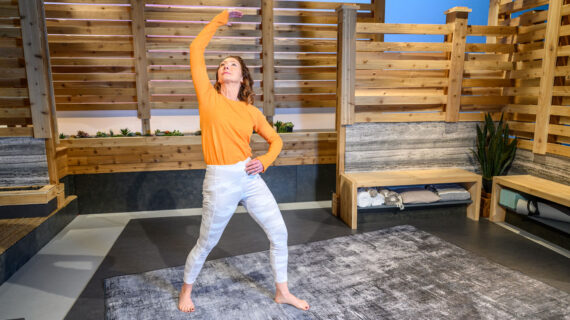
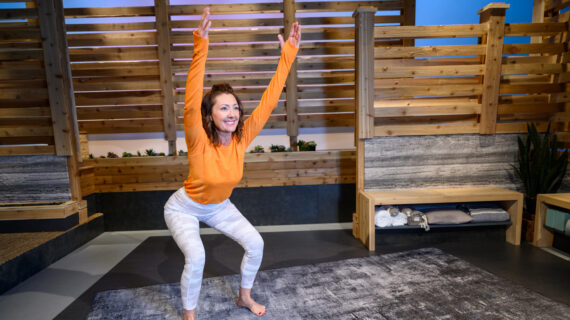
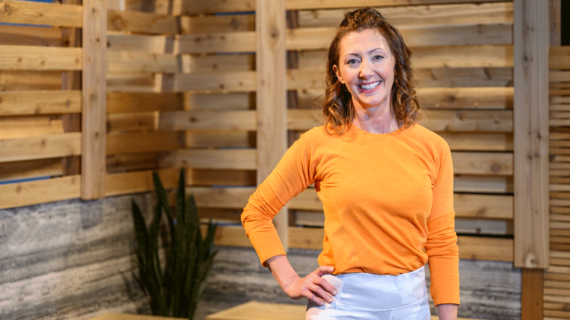
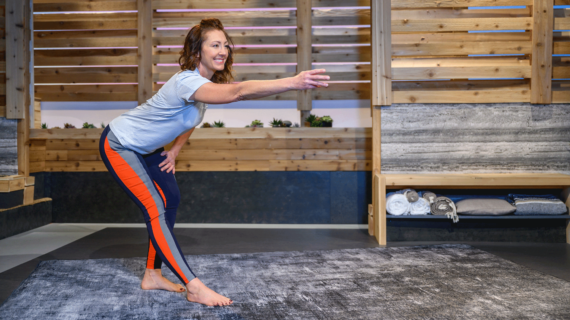


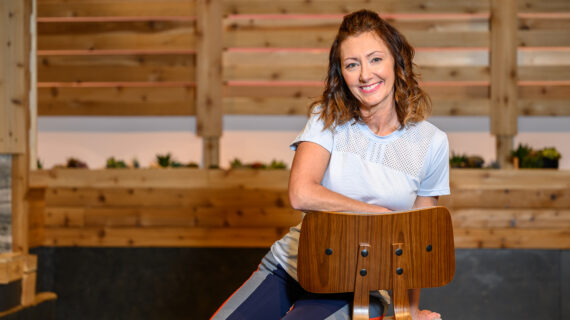
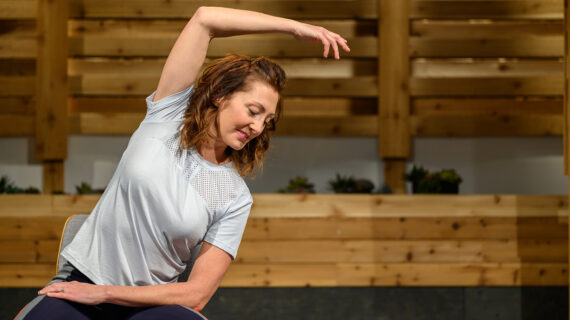

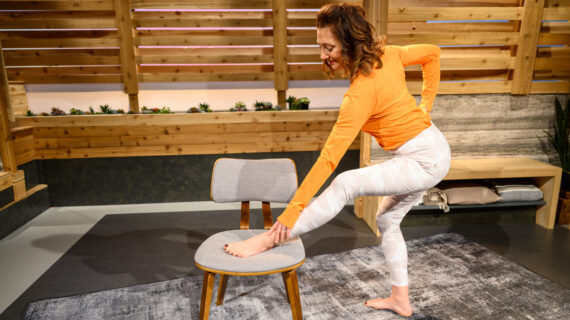



Follow Us